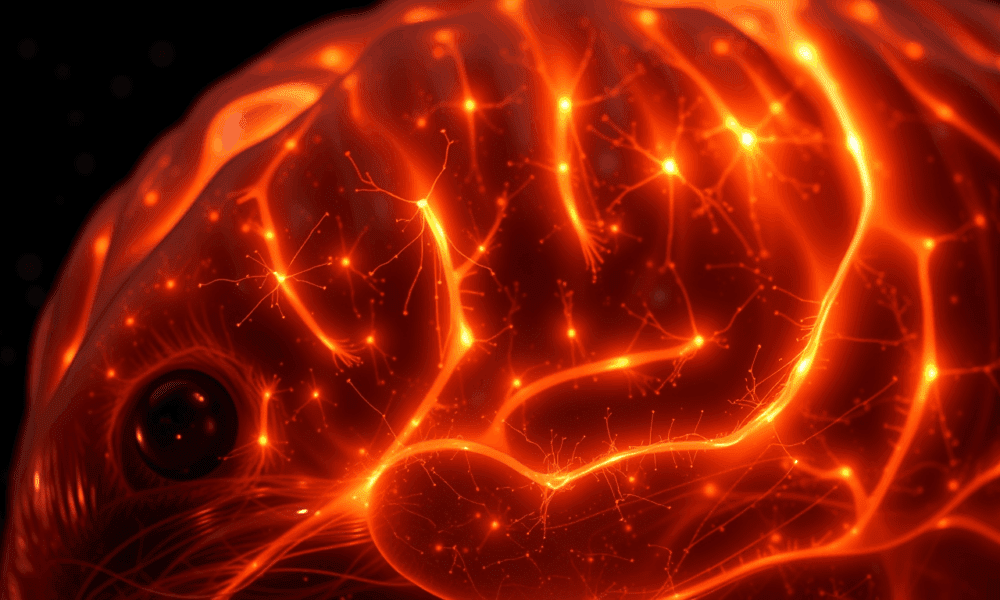
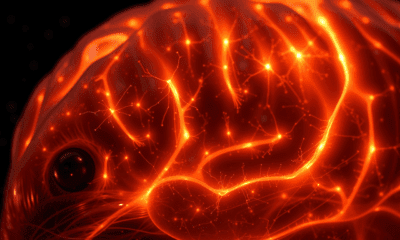

UC San Diego scientists have created a gene therapy that goes beyond masking Alzheimer’s symptoms—it may actually restore brain function. In mice, the treatment protected memory...
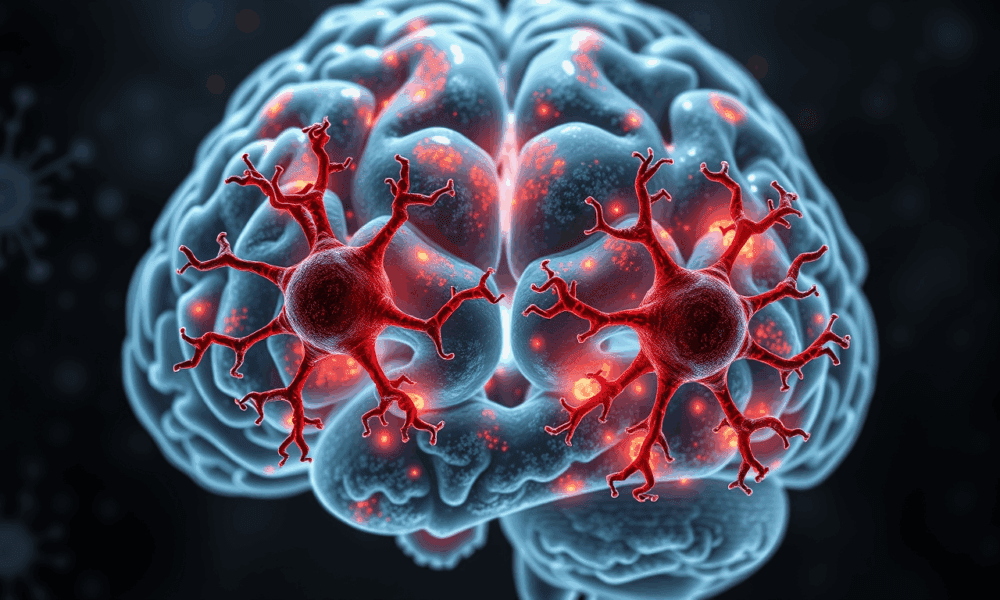
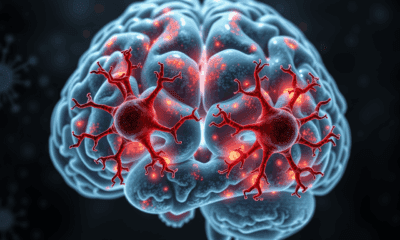

A new study suggests how APOE2 is protective while APOE4 increases disease risk by regulating the brain's immune cells.
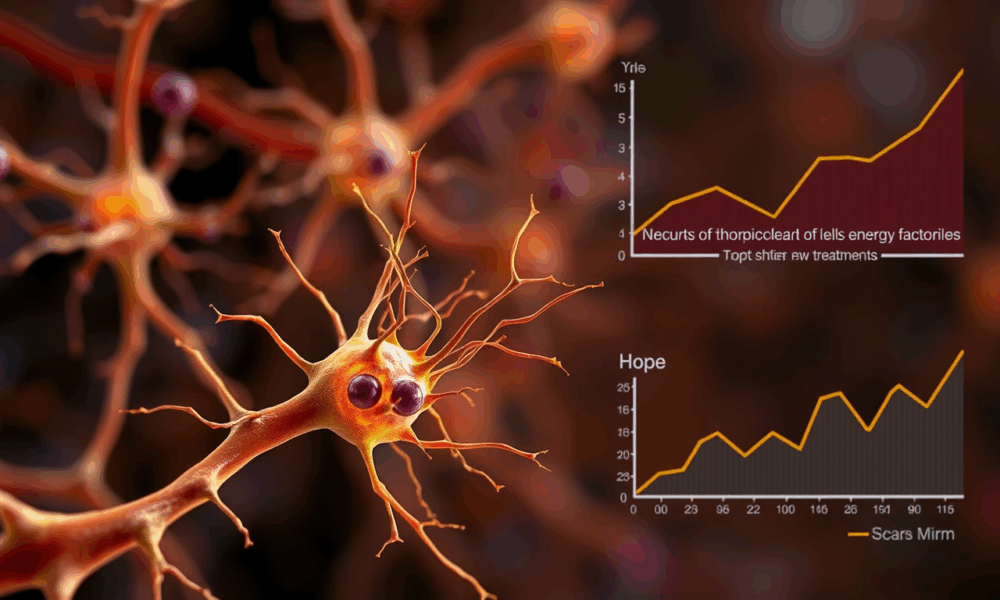
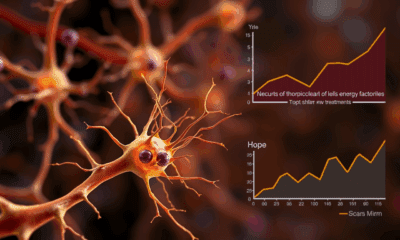

Using the gene scissors CRISPR and stem cells, researchers have managed to identify a common denominator for different gene mutations that all cause the neurological disease...



Many mitochondrial diseases have been difficult to study and treat due to the inherent challenges in accessing mitochondrial DNA (mtDNA). Now, researchers have optimized mitochondrial-targeted compounds...
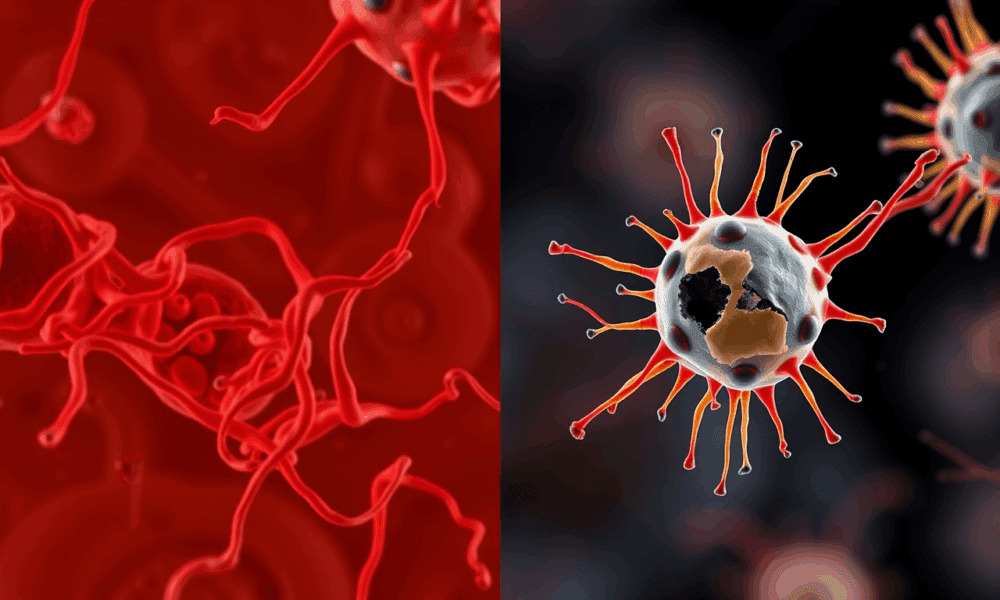
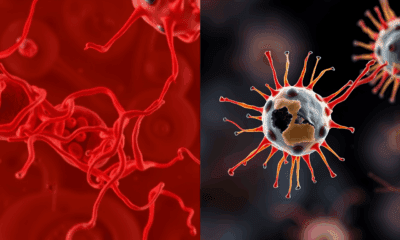

Researchers have revealed critical insights into how impaired mitochondrial dynamics and quality control mechanisms in skeletal muscle influence insulin sensitivity in patients with Type 2 Diabetes,...
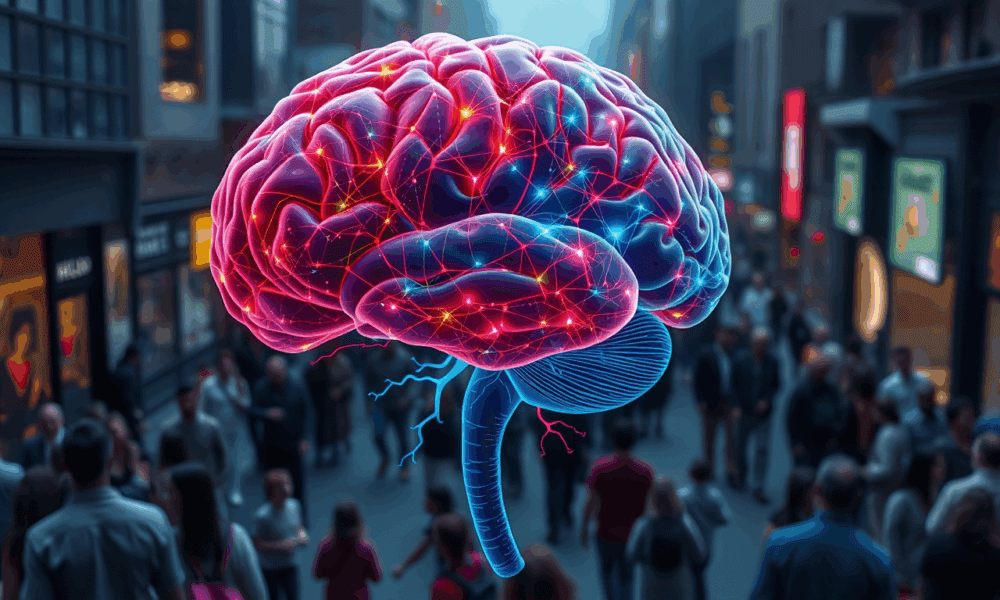
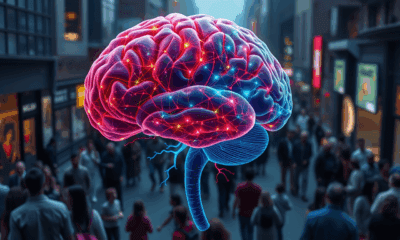

Researchers have identified the neural mechanisms in the brain that regulate both positive and negative impressions of a social encounter, as well as how an imbalance...
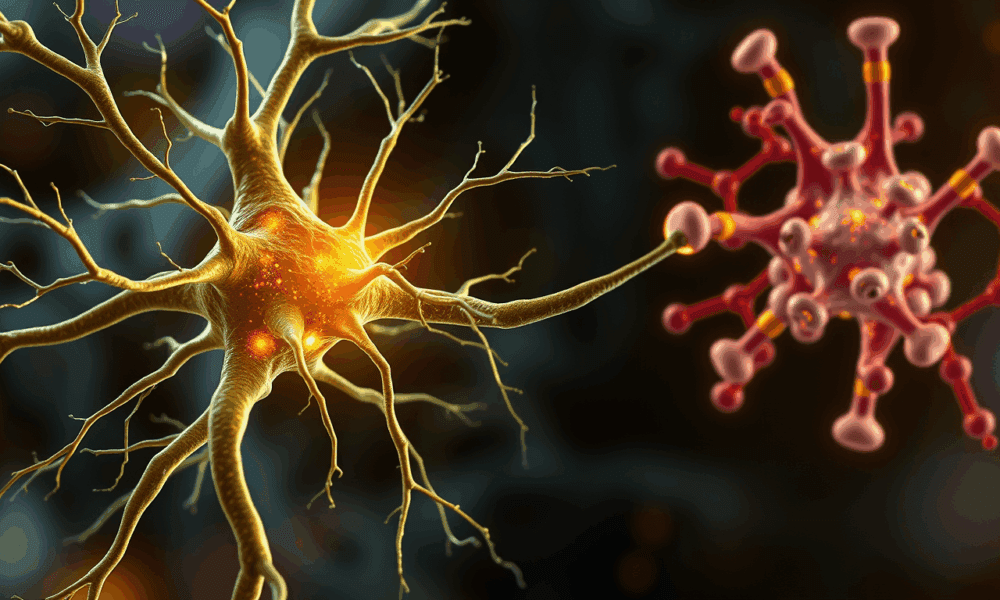
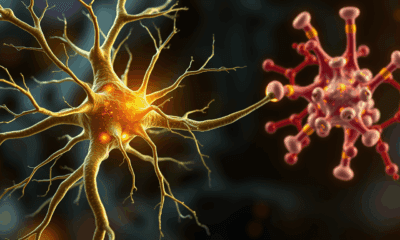

While a comprehensive cure-all to these neurological conditions is unlikely, scientists are making headway into understanding their fundamental characteristics with the hope of preventing or alleviating...
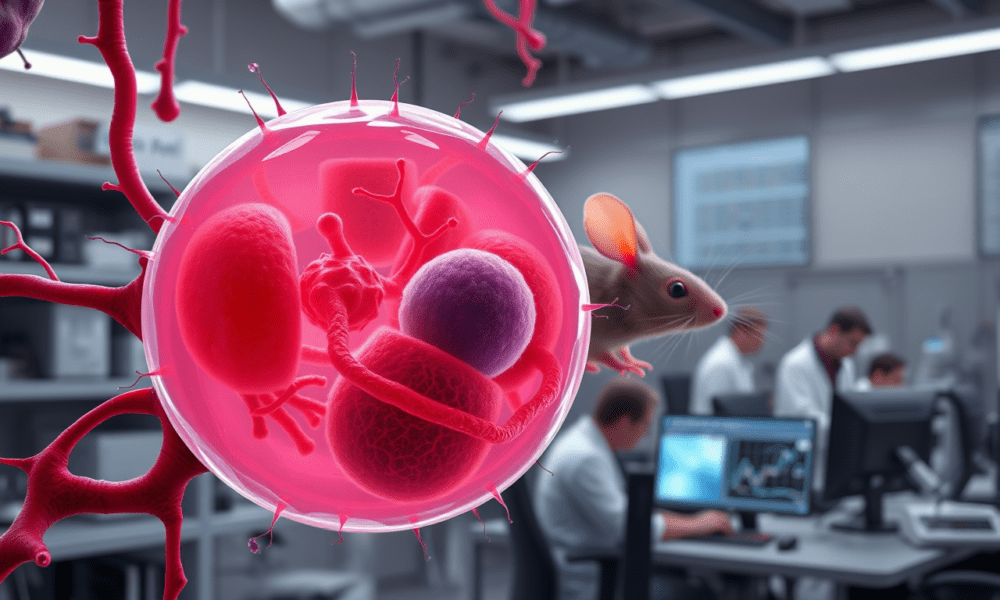
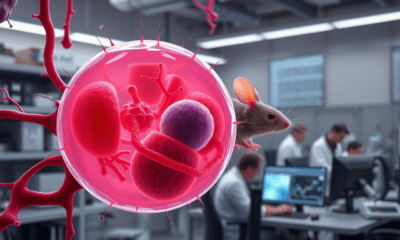

A team of researchers has uncovered a previously unrecognized role of mitochondrial protein synthesis in the maintenance of intracellular iron distribution. Disruption of this process was...
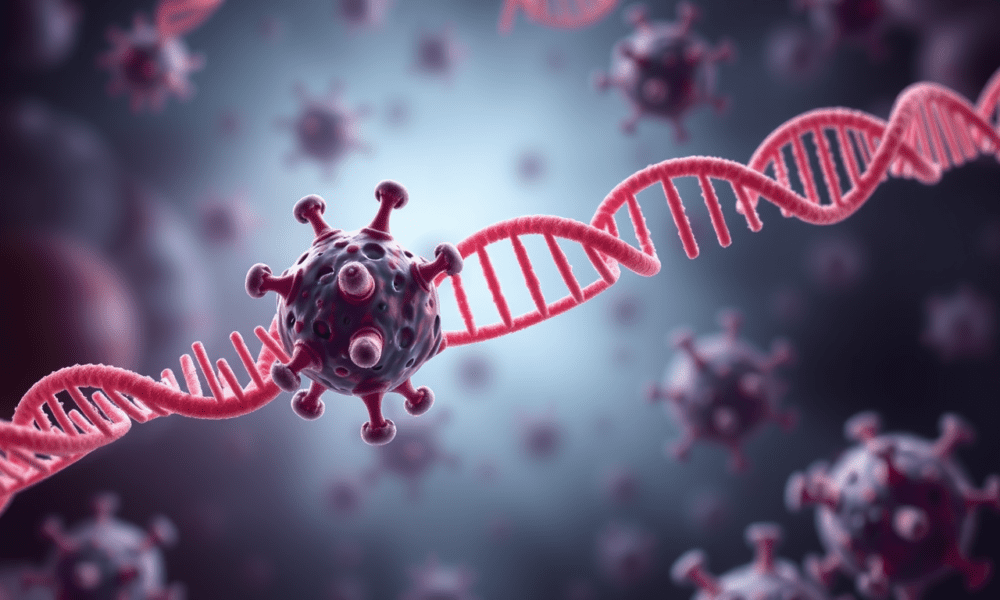
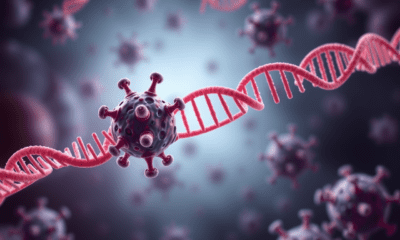

A medical breakthrough could result in the first treatment for rare but serious diseases in which genetic defects disrupt cellular energy production. Researchers have identified a...



A study followed the development of children's motor skills over a three-year period, from early childhood education to school age. The study showed that independent outdoor...